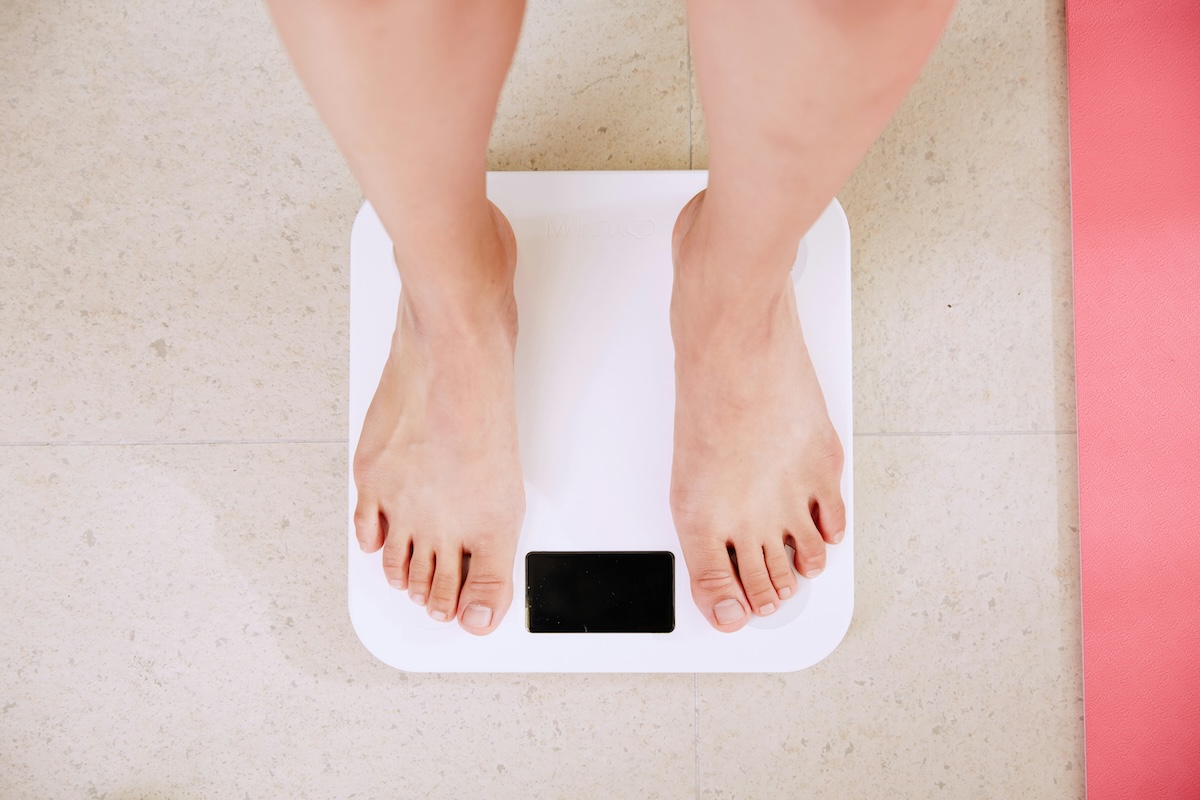I’m 40 and have been advised away from estrogen because of an ocular migraine that presented similarly to a TIA (transient ischemic attack) two years ago. So I’m currently using a Mirena IUD to combat very heavy periods (it’s great!). But wondering if HRT is out of the question in my future — and if I’ll be in for more discomfort because of it?
—Anonymous
Many of my patients suffer from migraine headaches. As a result, my neurology colleagues and I often discuss the risks and benefits of estrogen for migraine sufferers. A review article from Neurological Sciences lays out the potential issues and data well.

For many years, researchers have known that women with migraine headaches are at increased risk of developing ischemic strokes — strokes caused by a blockage in an artery in the brain. Since birth control pills were developed in the 1950s, there have been reports that suggest taking birth control pills that contain estrogen may increase stroke risk between two- and 17-fold in women who have migraine with aura — headaches that are accompanied by additional symptoms like changes in vision, hearing, or movement.
Based on this data, guidelines from many organizations, including the World Health Organization and the U.S. Centers for Disease Control and Prevention, consider migraine with aura a contraindication to taking birth control pills containing estrogen (progesterone-only pills are considered safe).
However, this is controversial for a number of reasons. Many of the studies of birth control pills in women with migraine with aura are small. Stroke in young women — even those with migraines — is exceedingly rare, about 3.65 in 100,000 women. So it is difficult to exclude the possibility that the differences seen in the studies were due to chance.
Additionally, studies do suggest that the risk of stroke is increased when the dose of estrogen is high and falls when the dose of estrogen is lower. Early birth control pills contained upward of 50 micrograms (mcg) of estrogen. Modern birth control pills contain no more than 35 mcg and as little as 10 mcg of estrogen. In many of the studies of increased stroke and migraine with aura, the women were taking the old 50-mcg pills.
This dose-dependent relationship is why the guidelines regarding hormone replacement therapy (HRT) in women with migraine with aura are less clear than those regarding birth control pills. Estrogen levels in HRT are even lower than the lowest-dose pills. Given the relationship between the estrogen dose in birth control pills and the risk of stroke, estrogen in HRT should pose an even smaller risk. Additionally, hormone therapy is often given as a patch or gel that gets absorbed through the skin, rather than pills. These formulations are even less likely to cause increased clotting, including in the brain.
It is important to weigh the risks against the benefits of any treatment. Depending on the severity of your symptoms during perimenopause — some women have a lot of symptoms and some women very few — the benefits of treating your symptoms may far outweigh a small increase in stroke risk in your particular case. Increased risk of stroke may or may not outweigh the benefits of treating your perimenopausal symptoms with estrogen. And remember that there are non-hormonal treatments for many of the symptoms of perimenopause too. Choosing to avoid estrogen does not mean you are doomed to suffer hot flushes without relief.
Community Guidelines




















Log in